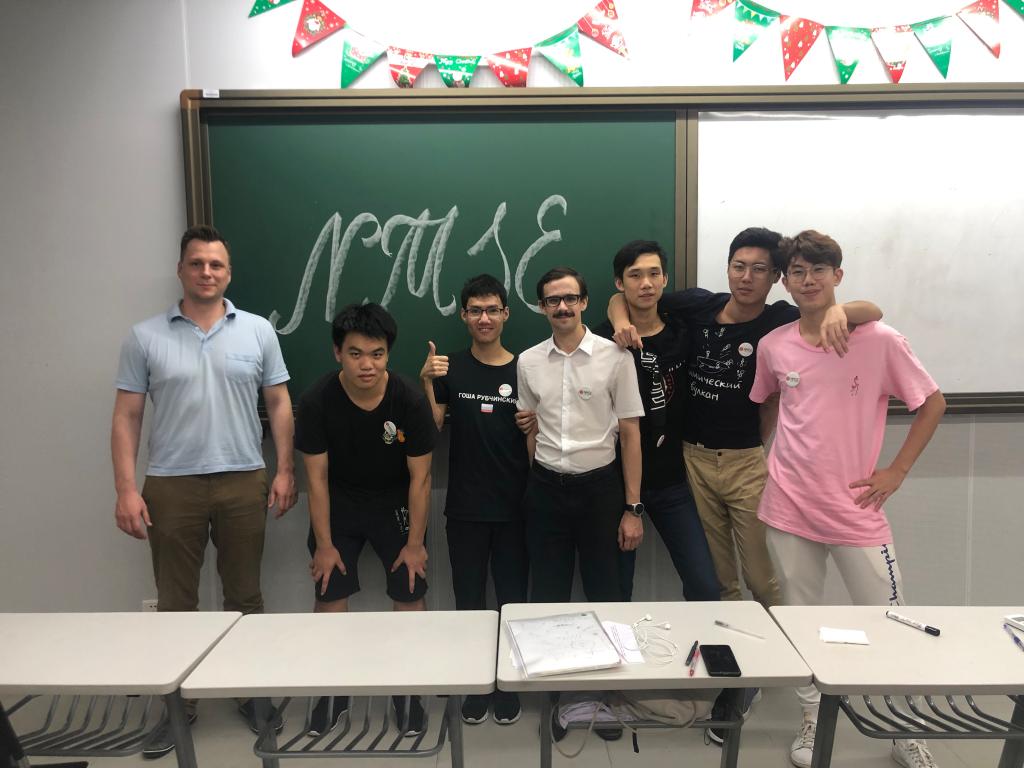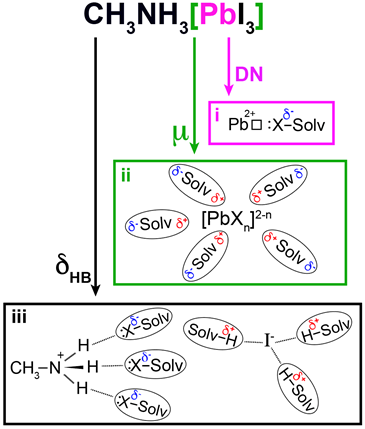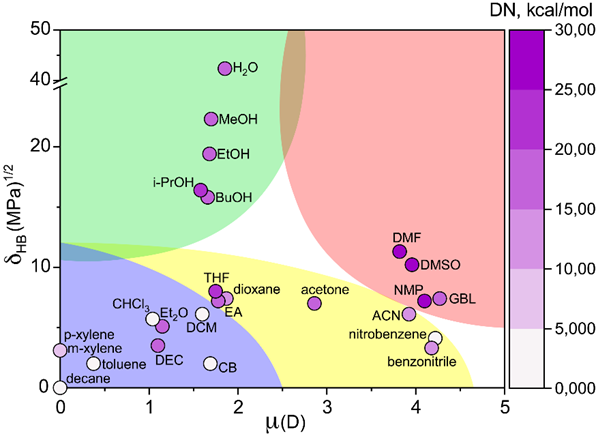
Recently, an undergraduate student of Shenzhen MSU-BIT University, Wang Chengyuan co-authored a thesis titledNew Pigeonholing Approach for Selection of Solvents Relevant to Lead Halide Perovskites Processingunder the instruction of Dr. Alexey Tarasov, Director of the Laboratory of New Materials for Solar Energetics of Moscow State University and associate researcher Andrey Petrov. The thesis was published onJournal of Physical Chemistry Сwith an impact factor of 4.309.
As a light-absorbing material, hybrid halide perovskites are used in the new generation of solar cells, namely perovskite solar cells. Being the third generation of its kind, it can work with an efficiency of over 25%, far surpassing traditional polycrystalline silicon solar cells.
One of the advantages of perovskite solar cells is that the cost of manufacturing them can be greatly reduced by applying solvent technology. In different phases of making the cells, great amount of solvent is being used. However, scientists still have limited knowledge on how exactly the reactions between solvent molecules and light-absorbing materials could impact the performance of the cells, leading to the performance deterioration of light-absorbing materials and lower the efficiency of the whole cell.


According to Dr. Tarasov, the research result is to explore and classify working models for the new type of solvent system, which helps scientists to develop and optimize solvent methods effectively.
What’s worth mentioning is that many undergraduate students in the Department of Materials Science of SMBU have already started their researches from the second year, with topics ranging from solar energetics, lithium-ion batteries, to luminescent magnetic materials and graphene. On July 13, 2019, led by mentors from Moscow State University, sophomore students of the Department of Materials Science completed their first report, and with less than a year, some of the research results from those reports are published in some famous scientific journals.
More students of SMBU are expected to achieve better results in the field of scientific research.